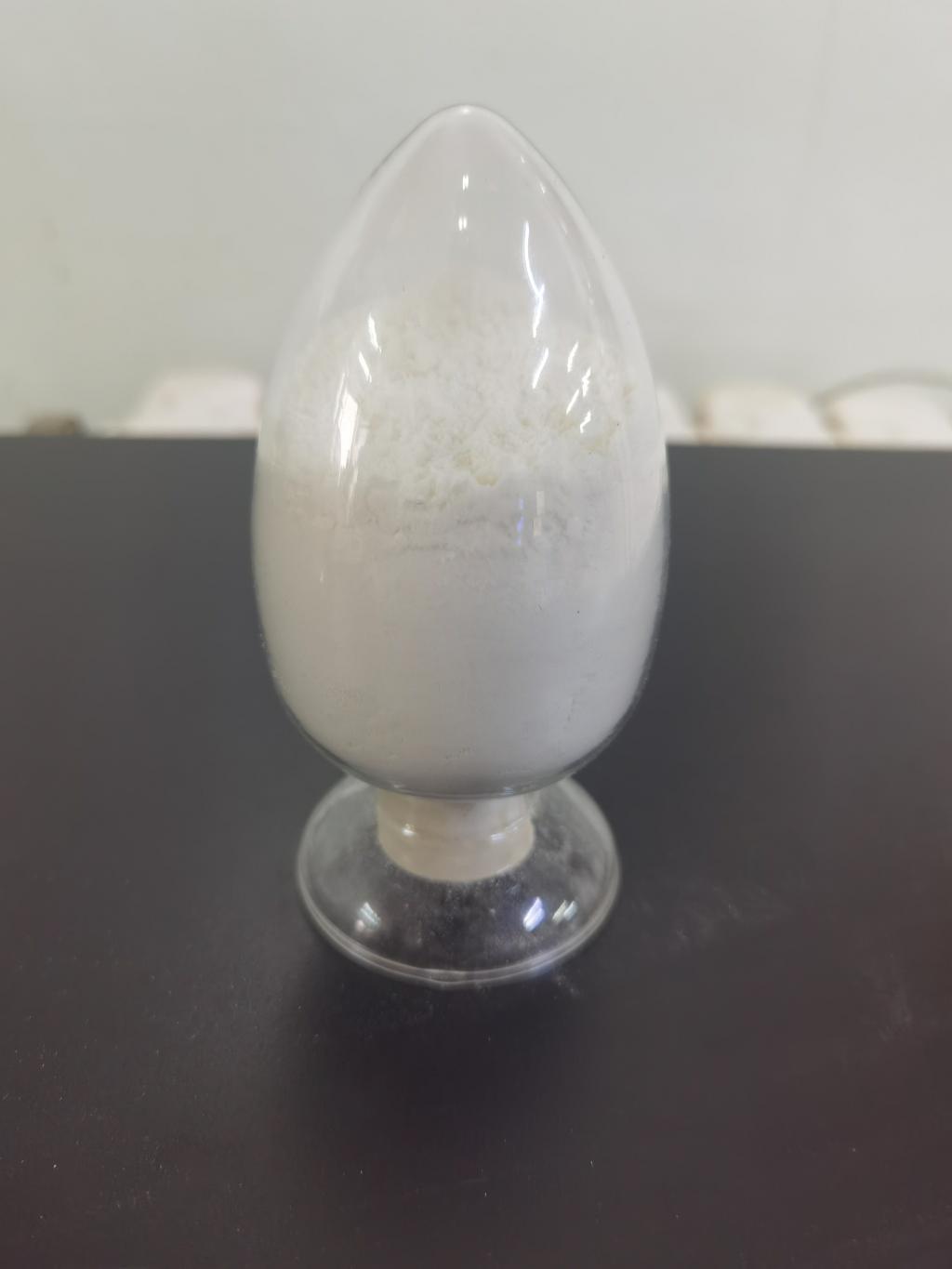Tel:+8618231198596

News
 CONTACT
CONTACT
 CONTACT
CONTACT
- Linkman:Linda Yao
- Tel: +8618231198596
- Email:linda.yao@dcpharma.cn
- Linkman:CHARLES.WANG
- Department:Overseas
- Tel: 0086 0311-85537378 0086 0311-85539701
News
Current Position:
Home >
News
>The application of ε-Polylysine hydrochloride in preserving non-alcoholic beverages
The application of ε-Polylysine hydrochloride in preserving non-alcoholic beverages
TIME:2024-11-25
Understanding ε-Polylysine Hydrochloride
ε-Polylysine hydrochloride is a naturally derived cationic peptide produced through microbial fermentation by Streptomyces albulus. It is known for its broad-spectrum antimicrobial activity, effectively inhibiting the growth of bacteria, yeasts, and molds. Approved for use in food applications by regulatory bodies such as the FDA, ε-PL is recognized for its safety, biodegradability, and effectiveness in low concentrations.
Challenges in Preserving Non-Alcoholic Beverages
Non-alcoholic beverages are prone to microbial contamination due to their high water activity, low pH, and nutrient-rich composition. Key preservation challenges include:
Spoilage Microorganisms: Yeasts, molds, and acid-tolerant bacteria can compromise the flavor, appearance, and shelf life of beverages.
Chemical Stability: Conventional chemical preservatives may degrade or lose efficacy over time, especially in acidic environments.
Clean Label Demand: Consumers increasingly prefer beverages with natural preservatives and minimal synthetic additives, necessitating innovative solutions like ε-PL.
Advantages of ε-Polylysine Hydrochloride in Beverage Preservation
ε-Polylysine hydrochloride offers several benefits in the context of non-alcoholic beverages:
1. Broad-Spectrum Antimicrobial Activity
ε-PL is effective against a wide range of spoilage organisms, including Saccharomyces cerevisiae, Aspergillus niger, and Lactobacillus spp. This versatility ensures the stability of beverages during storage and distribution.
2. Compatibility with Beverage Formulations
Due to its solubility in water and stability across a wide pH range (3–9), ε-PL is well-suited for acidic beverages like fruit juices and sodas, as well as neutral or mildly alkaline beverages like plant-based milks.
3. Clean Label Appeal
As a naturally derived preservative, ε-PL aligns with clean-label trends, allowing manufacturers to meet consumer demands for natural, transparent ingredient lists.
4. Low Effective Dosage
ε-PL is effective at low concentrations, typically ranging from 10–50 ppm, reducing the potential for off-flavors or changes to beverage sensory attributes.
Applications of ε-Polylysine Hydrochloride in Non-Alcoholic Beverages
The potential uses of ε-PL in preserving non-alcoholic beverages are diverse and adaptable to various product types:
1. Fruit Juices and Smoothies
Fruit-based beverages are highly perishable due to their sugar content and acidic nature. ε-PL can inhibit yeast and mold growth, maintaining freshness without altering the natural flavor or color.
2. Plant-Based Drinks
Beverages made from soy, almond, oat, or coconut are prone to spoilage by bacteria and molds. ε-PL enhances shelf life while preserving the natural taste and texture of these products.
3. Functional and Nutraceutical Drinks
Products enriched with probiotics, vitamins, or herbal extracts require stable preservation systems. ε-PL prevents spoilage without compromising the functional ingredients' integrity.
4. Ready-to-Drink Teas and Coffees
These beverages often have low pH and high microbial risk during storage. ε-PL ensures microbial stability while maintaining the flavor profile.
Challenges and Considerations
While ε-PL presents many advantages, its application in non-alcoholic beverages must address certain challenges:
Cost: ε-PL can be more expensive than synthetic preservatives, which may impact its adoption in cost-sensitive markets.
Regulatory Restrictions: ε-PL’s approval for food use varies by region, necessitating careful consideration of local regulations.
Consumer Education: Although natural, the technical nature of ε-PL may require transparent labeling and marketing to build consumer trust.
Future Directions
Research is ongoing to optimize ε-PL's use in beverage formulations. Innovations such as combining ε-PL with other natural preservatives (e.g., nisin or plant extracts) and advanced packaging technologies could further enhance its effectiveness. Moreover, cost-reduction strategies in production and broader regulatory approvals are likely to increase its global adoption.
Conclusion
ε-Polylysine hydrochloride offers a compelling solution for preserving non-alcoholic beverages, addressing challenges related to spoilage, safety, and clean-label demands. Its natural origin, broad-spectrum activity, and compatibility with diverse formulations make it a valuable ingredient in the beverage industry. As consumer preferences shift toward healthier, more natural products, ε-PL is poised to play a pivotal role in shaping the future of beverage preservation.
- Tel:+8618231198596
- Whatsapp:18231198596
- Chat With Skype







